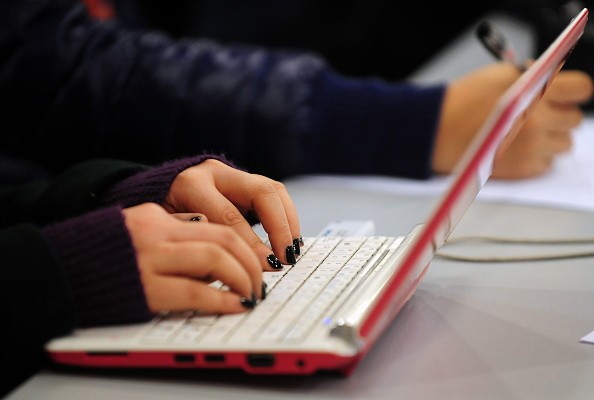
The Ministry of Justice has announced that making deepfake porn is to be made illegal after hundreds of celebrities were digitally superimposed into X-rated clips.
The department said creating a deepfake would be illegal regardless of whether the creator intended it to be shared.
According to the Minister for Victims and Safeguarding Laura Farris, the creation of deepfake sexual images is unacceptable, irrespective of whether the photo is shared.
Farris explained that it was another example of ways in which certain people seek to degrade and dehumanize others, especially women. She said it can cause catastrophic consequences if the material is widely shared and the government will not tolerate it.
"This new offense sends a crystal clear message that making this material is immoral, often misogynistic and a crime," she continued.
Unauthorized users of the photos risk an unlimited and a criminal record. It is already an offense to share 'deepfake' intimate images.
Deepfake pornography has targeted several well-known people in recent months, including US politician Alexandria Ocasio-Cortez and pop singer Taylor Swift.
Glamour's European editorial director, Deborah Joseph, welcomed the proposed amendment.
She said that in a recent Glamour survey, they found that 91% of their readers believe deepfake technology threatens women's safety. From hearing personal stories from victims, she noted they also know how serious the impact can be.
Furthermore, she added that while this is an important first step, there is still a long way to go before women will truly feel safe from this horrendous activity.
Labour's shadow home secretary, Yvette Cooper, also hailed the announcement. She said that superimposing somebody's image onto sexually explicit photos and videos is a gross violation of their autonomy and privacy, which can cause enormous harm, and it must not be tolerated.
Cooper said that the government's response to "quickly evolving threats" is "critical."
© 2025 HNGN, All rights reserved. Do not reproduce without permission.








